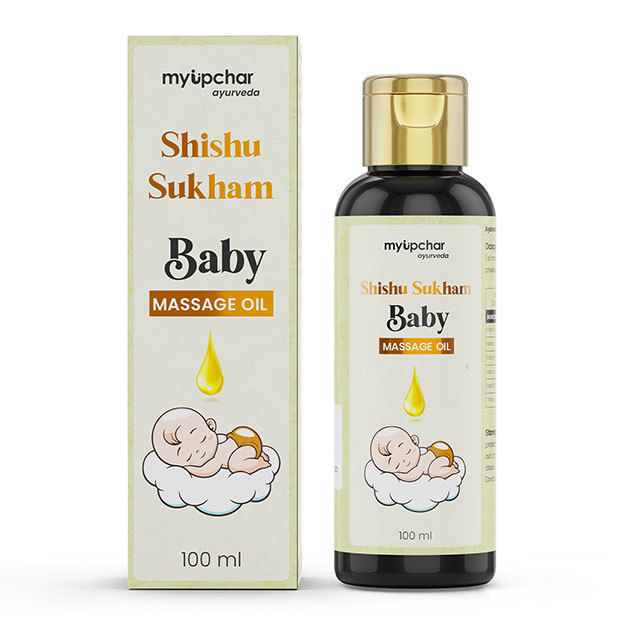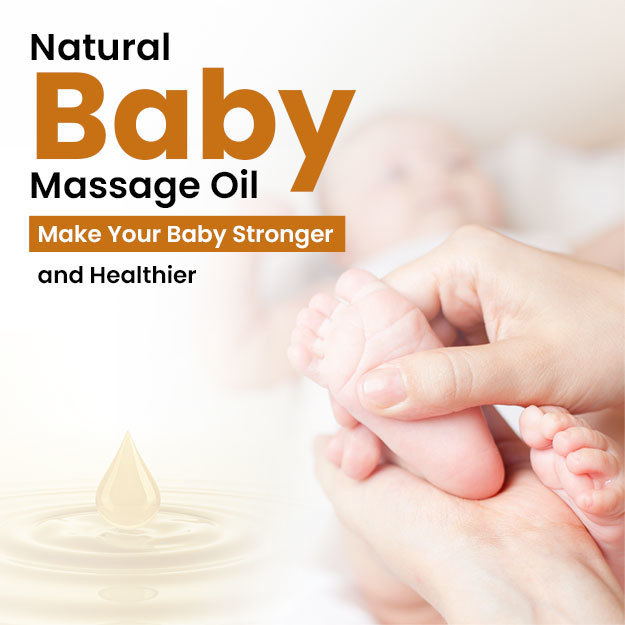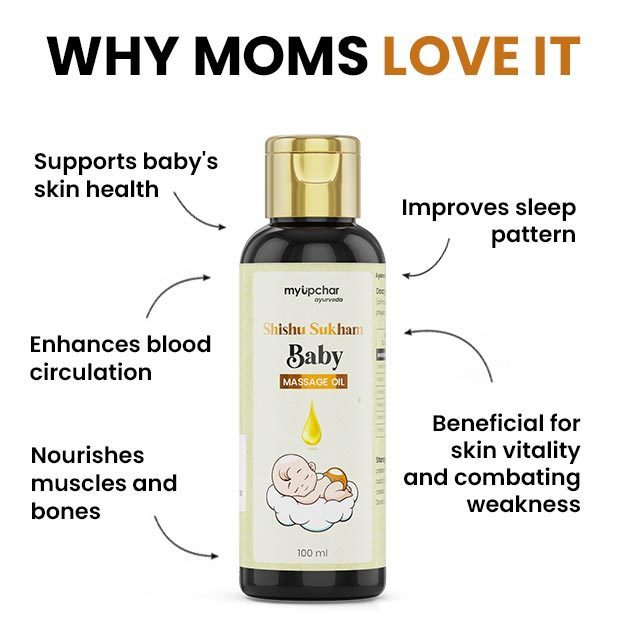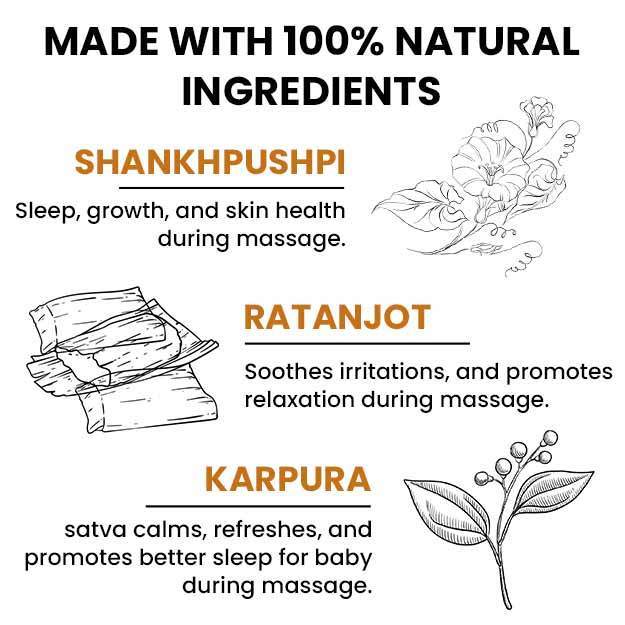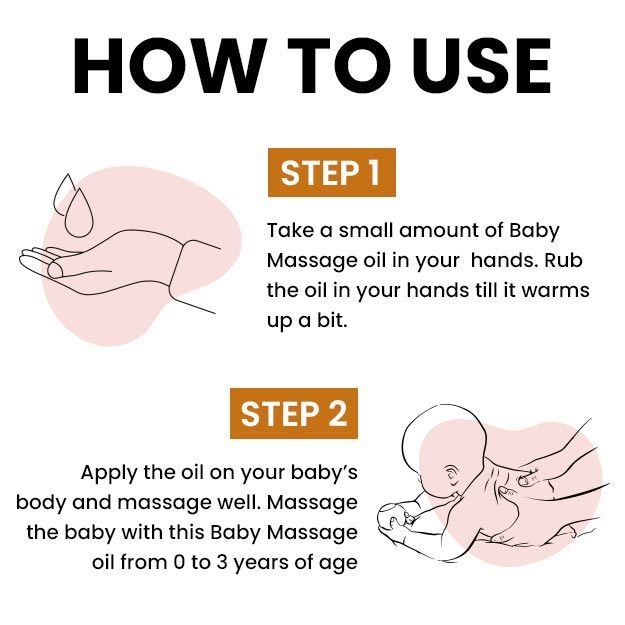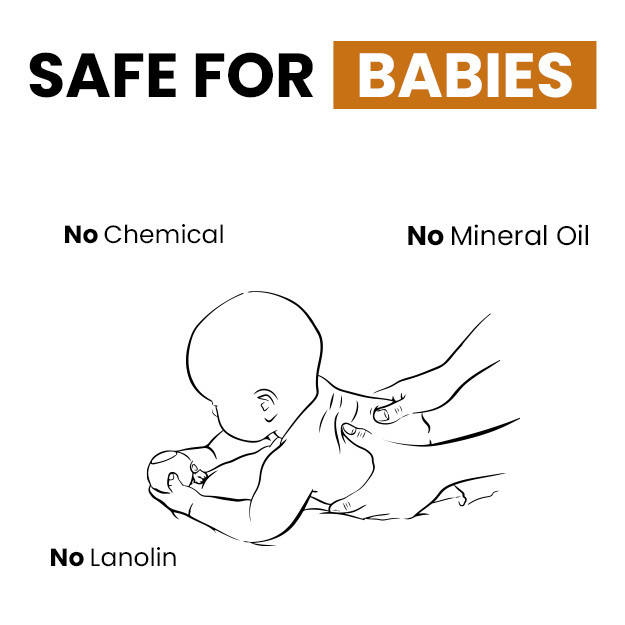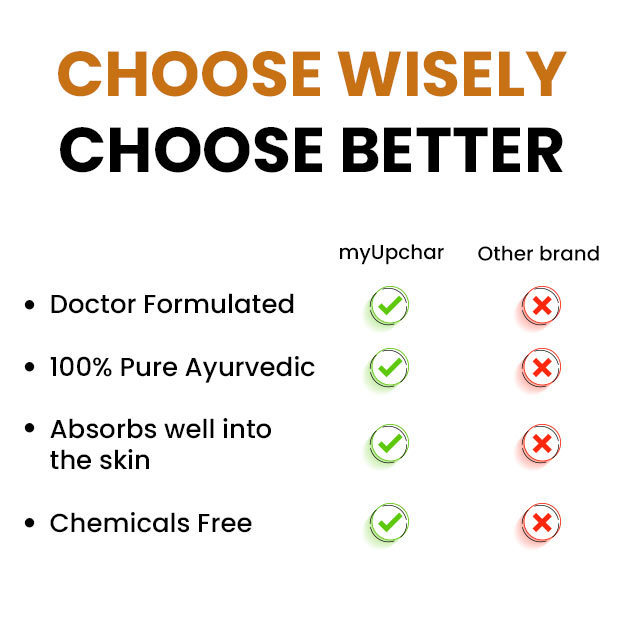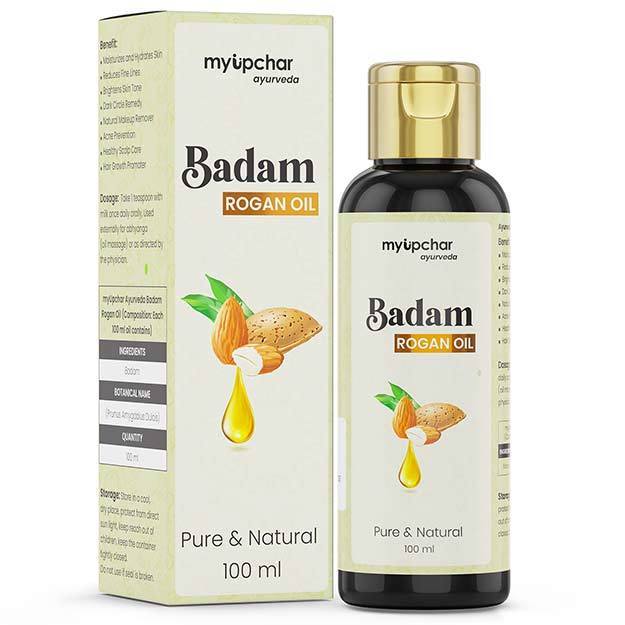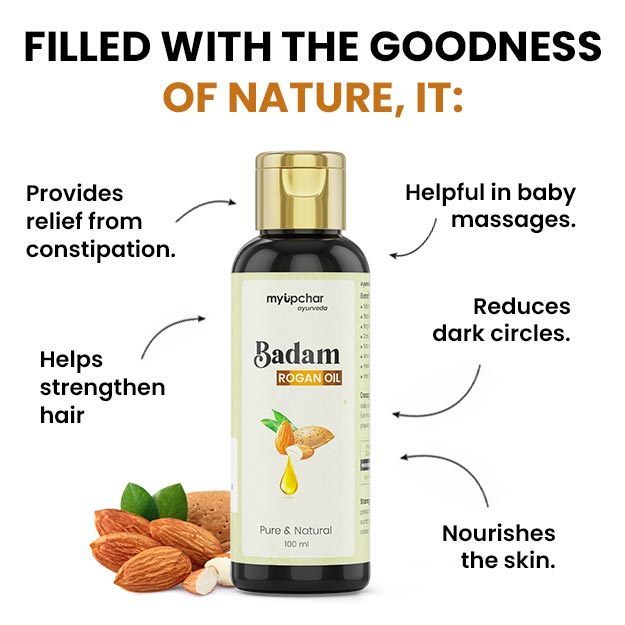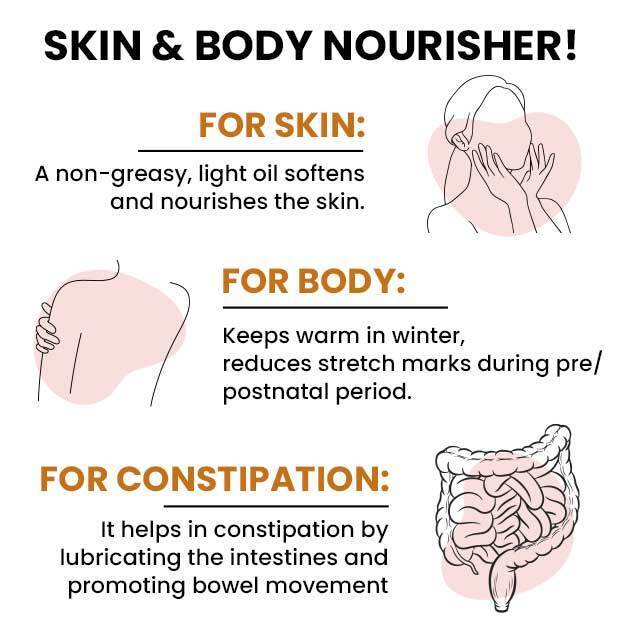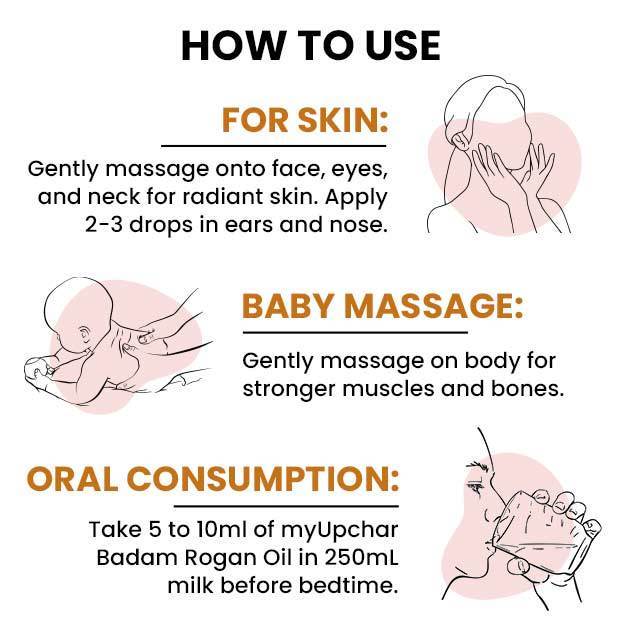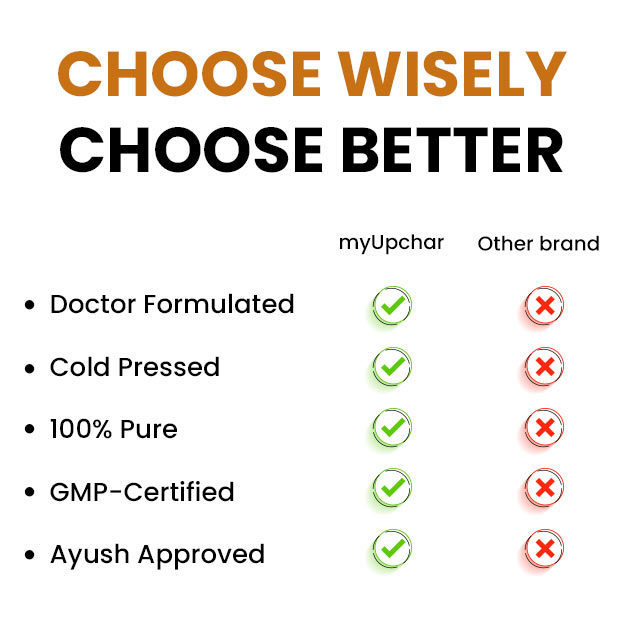Babies can get a cough for many reasons: allergies, asthma, common cold, croup cough (viral infection), sinusitis and teething (yes, teething cough is a thing).
It can be quite worrying when your baby gets the sniffles—especially if you are new parents. However, you need to remember that it's perfectly normal for babies to get a common cold and develop a cough after about six months of age. Around this time, the immunity that babies are born with starts to fade and their immune system starts to learn how to fend for itself.
Indeed, the UK’s National Health Service (NHS) says that it’s normal for babies and children to have eight or more colds in a year. (Read more: Common cold in babies)
Why so many infections year after year?
This happens predominantly because there are hundreds of different cold viruses and babies have little immunity to any of them. It’s only after getting a few colds that babies develop immunity against some viral strains that cause a cold. And yet, you’ll find that your baby will continue to get a cold now and then throughout the childhood years. (Perhaps you still get a cold now and again, for the same reason.)
You can help your baby avoid a cold to some extent by following good respiratory and hand hygiene, keeping the baby’s environment clean and staying away from people who have a cold. But remember that viral infections like the common cold aren’t completely avoidable because babies tend to touch, grasp and even chew on toys and other objects as they grow. Many of these objects carry microbes that can give your baby an infection sooner or later.
Even if your baby does develop a cough, there’s no need to worry unduly. That said, you should take immediate action to control it. Most colds get better in five to seven days, but it can take about 14 days in very small babies. You can easily adopt simple home remedies to ease the symptoms of cough in your baby, and even clear the infection without any medications.
Before we get into the home remedies, remember that you need to take your baby to a doctor if:
- Your baby's cough is making it difficult for him or her to breathe
- Infections are normally accompanied by a fever. See a doctor
- If your child is under three months old and has developed a fever
- If your child is three to six months old, has developed a fever and seems sick. Or if your child's body temperature is 102 degrees Fahrenheit or more
- If your child is over six months old and is running a fever of 102 degrees Fahrenheit or more
- If your child's fever does not come down even after three days (irrespective of the child's age)
- Your baby's excessively cranky or sleepy (much more than usual)
- Your baby doesn't want to eat or drink anything
Remember also that babies should never be given aspirin without a doctor's recommendation.





